Research Associate in the Cambridge Image Analysis group (Fixed Term)
Department of Applied Mathematics and Theoretical Physics
We invite applications for a Post-Doctoral Research Associate to work in the Cambridge Image Analysis group at the Department of Applied Mathematics and Theoretical Physics at the University of Cambridge.
The Cambridge Image Analysis Group (CIA) is specialising in the mathematics of inverse problems in imaging, digital image and video processing using partial differential equations, variational methods and machine learning. Our research ranges from the modelling and analysis of such methods to their computational realisation and application. For more information about CIA, please visit http://www.damtp.cam.ac.uk/research/cia/
The research activity of the successful candidate will take place within the CIA, within a multidisciplinary project on inverse problems related to cryo-EM. This project is a collaboration between the CIA, the group of Sjors Scheres at the Laboratory for Molecular Biology (Cambridge), Ozan Öktem (KTH and Edinburgh) and the Alan Turing Institute. Particular focus of the project is the design of hybrid mathematical and machine learning methods for cryo-EM image and atomistic model reconstruction. This is an exceptional opportunity to conduct ambitious research whilst collaborating with an interdisciplinary team.
Duties include developing and conducting individual and collaborative research objectives, proposals and projects. The role holder will be expected to plan and manage their own research and administration, with guidance if required, and to assist in the preparation of proposals and applications to external bodies. You must be able to communicate material of a technical nature and be able to build internal and external contacts. You may be asked to assist in the supervision of student projects, the development of student research skills, provide instruction and plan/deliver seminars relating to the research area.
Applicants must have (or be about to receive) a PhD degree in mathematics or statistics (or a closely related discipline). The ideal candidate will be experienced in one or more of the following areas: inverse problems, mathematical imaging, machine learning, cryo-EM, computational analysis, optimisation and/or data science. Experience in parallel computing and python/C programming skills are desirable.
 Cambridge Centre for
Cambridge Centre for